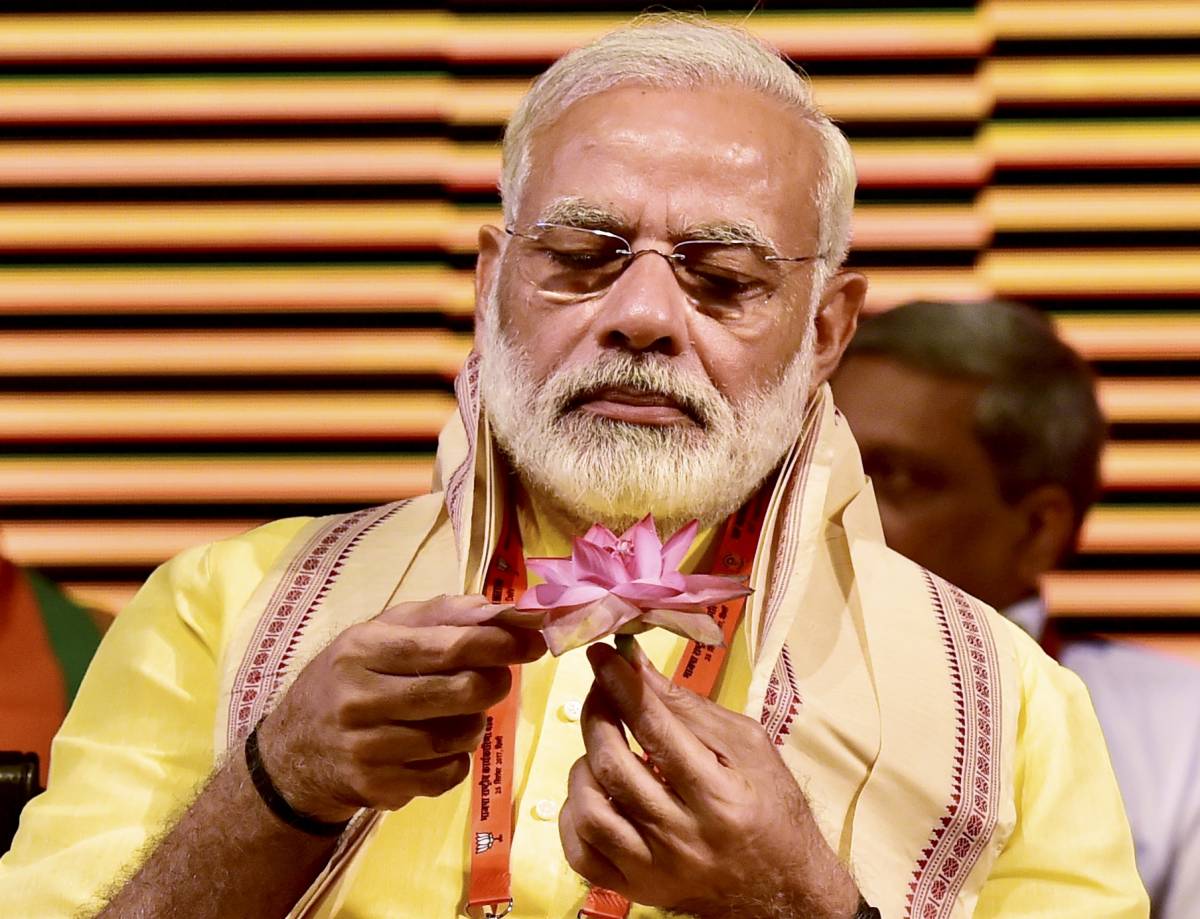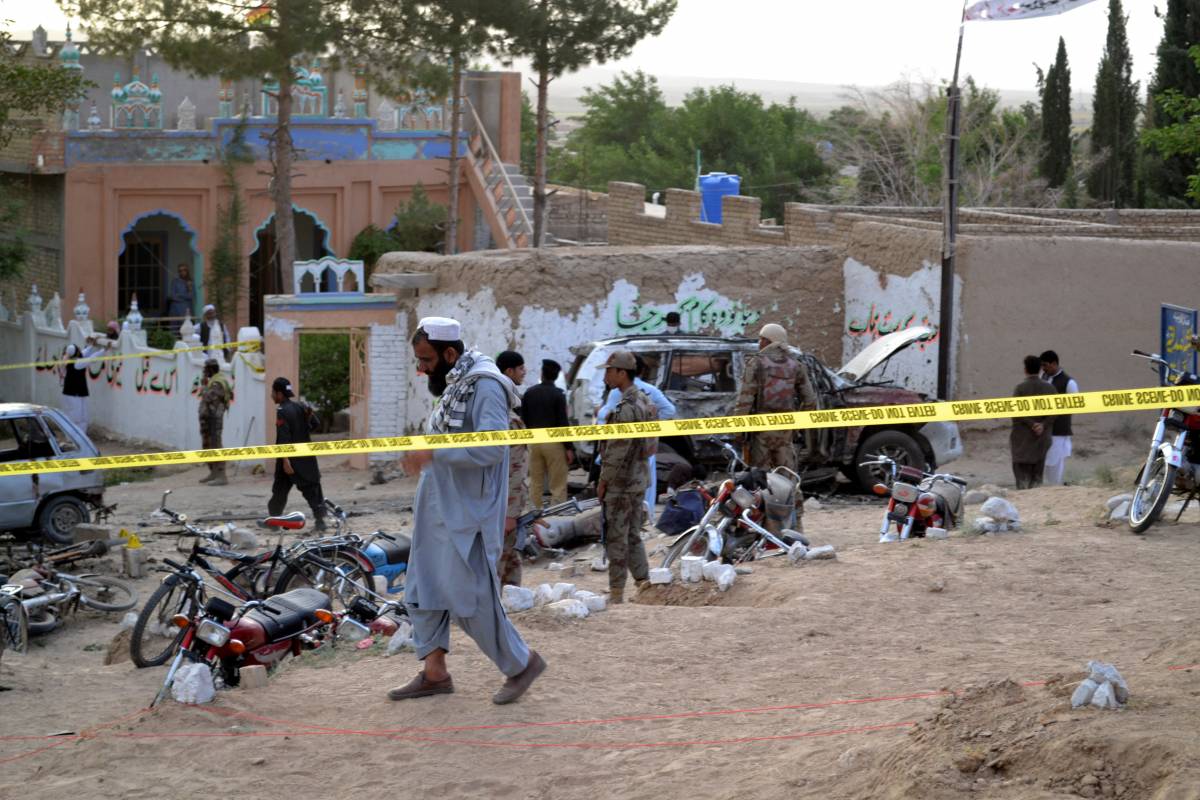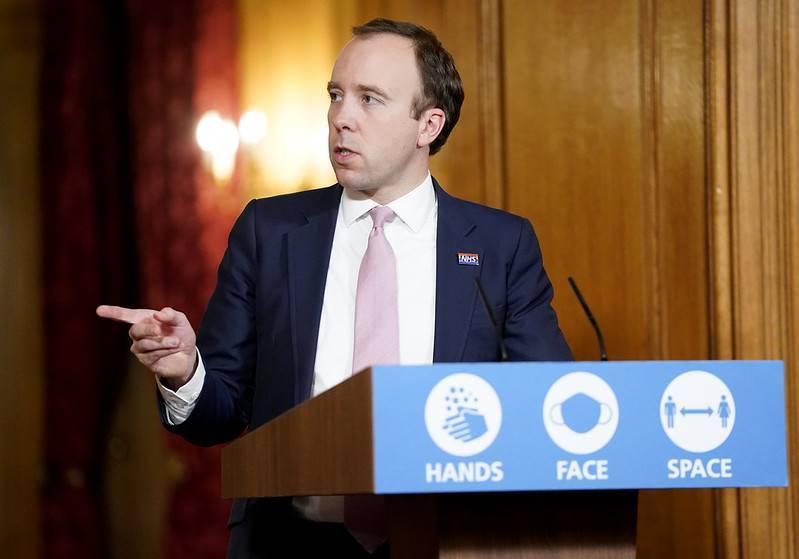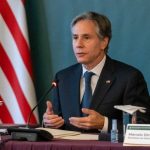PM Modi stated that the central government wanted to ensure that our solutions do not follow a ‘one size fits all’ model.”…reports Asian Lite News
The Covid-19 pandemic has come with a whole new set of challenges to Governments across the world in terms of policy-making. India is no exception. Raising enough resources for public welfare while ensuring sustainability is proving to be one of the biggest challenges, PM Modi said on Tuesday in a blog post titled “Reforms by conviction and incentives,” which he shared on LinkedIN.
Despite the challenges posed by the COVID-19 pandemic and in the backdrop of a financial crunch seen across the world, states in India were able to borrow significantly more in 2020-21 and were able to raise an extra Rs 1.06 lakh crores in the period 2020-21. This significant increase in availability of resources PM Modi said was made possible by an approach of ‘Centre-State bhagidari’.
He stated that while formulating the country’s economic response to the Covid-19 pandemic, the central government wanted to ensure that our solutions do not follow a ‘one size fits all’ model.”
“For a federal country of continental dimensions, finding policy instruments at the national level to promote reforms by State Governments is indeed challenging. But, we had faith in the robustness of our federal polity and we moved ahead in the spirit of Centre-State bhagidari, read PM Modi’s blog.
Further, he said that in May 2020, as part of the Aatmanirbhar Bharat package, the Government of India announced that State Governments would be allowed enhanced borrowing for 2020-21. An extra 2 percent of GSDP was allowed, of which 1 per cent was made conditional on the implementation of certain economic reforms.
Writing in the blog, PM Modi further said that this nudge for reform is rare in Indian public finance, adding that this was a nudge, incentivising the states to adopt progressive policies to avail additional funds. The results of this exercise are not only encouraging but also run contrary to the notion that there are limited takers for sound economic policies, he said.
ALSO READ: Modi invites investment into India at world meet
He pointed out the four reforms to which additional borrowings were linked (with 0.25% of GDP tied to each one) had two characteristics. Firstly, each of the reforms was linked to improving the Ease of Living to the public and particularly the poor, the vulnerable, and the middle class. Secondly, they also promoted fiscal sustainability, he said.
The Prime Minister mentioned that the first reform under the ‘One Nation One Ration Card’ policy required State Governments to ensure that all ration cards in the State under the National Food Security Act (NFSA) were seeded with the Aadhaar number of all family members and that all Fair Price Shops had Electronic Point of Sale devices.
The main benefit from this is that migrant workers can draw their food ration from anywhere in the country, said PM Modi adding that apart from these benefits to citizens, there is the financial benefit from the elimination of bogus cards and duplicate members. 17 states completed this reform and were granted additional borrowings amounting to Rs 37,600 crores, PM Modi said in his blog.
The second reform, the Prime Minister noted, aimed at improving ease of doing business, required states to ensure that renewal of business-related licences under 7 Acts is made automatic, online and non-discretionary on mere payment of fees.
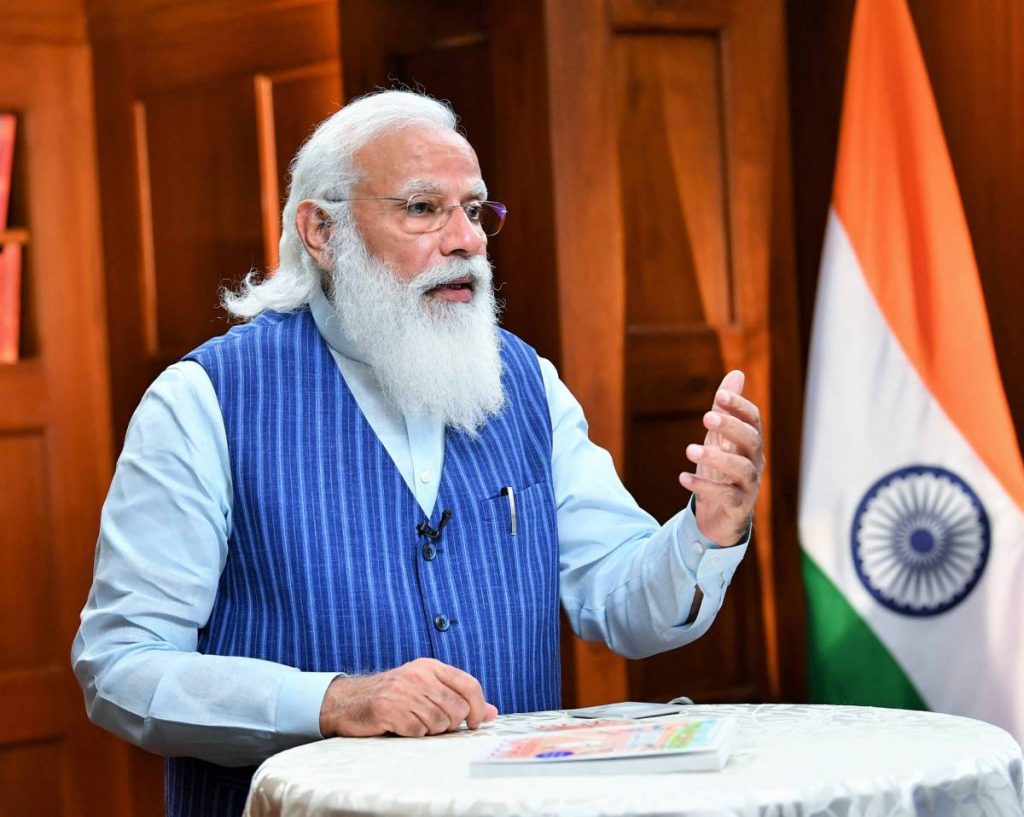
“Another requirement was implementation of a computerised random inspection system and prior notice of inspection to reduce harassment and corruption under a further 12 Acts. This reform (covering 19 laws) is of particular help to micro and small enterprises, who suffer the most from the burden of the ‘inspector raj’. It also promotes an improved investment climate, greater investment and faster growth. 20 states completed this reform and were allowed additional borrowing of Rs. 39,521 crores,” read the blog.
PM Modi stated that the 15th Finance Commission and several academics have emphasised the crucial importance of sound property taxation. The third reform required states to notify floor rates of property tax and of water and sewerage charges, in consonance with stamp duty guideline values for property transactions and current costs respectively, in urban areas. This would enable better quality of services to the urban poor and middle class, support better infrastructure and stimulate growth, said the Prime Minister.
He said that property tax is also progressive in its incidence and thus the poor in urban areas would benefit the most, adding that this reform also benefits municipal staff who often face delay in payment of wages. 11 states completed these reforms and were granted additional borrowing of Rs 15,957 crores, said PM Modi in his blog.
Stating that the fourth reform was introduction of Direct Benefit Transfer (DBT) in lieu of free electricity supply to farmers, he said that the requirement was for formulation of a state-wide scheme with actual implementation in one district on a pilot basis by year end.
He said that additional borrowing of 0.15 per cent of GSDP was linked to this. A component was also provided for reduction in technical and commercial losses and another for reducing the gap between revenues and costs (0.05 percent of GSDP for each). This improves the finances of distribution companies, promotes conservation of water and energy and improves service quality through better financial and technical performance.
The Prime Minister stated that 13 states implemented at least one component, while 6 states implemented the DBT component. As a result, Rs. 13,201 crore of additional borrowings was permitted, he added.
“Overall, 23 states availed of additional borrowings of Rs. 1.06 lakh crores out of a potential of Rs. 2.14 lakh crores. As a result, the aggregate borrowing permission granted to states for 2020-21 (conditional and unconditional) was 4.5 per cent of the initially estimated GSDP, read PM Modi’s blog.
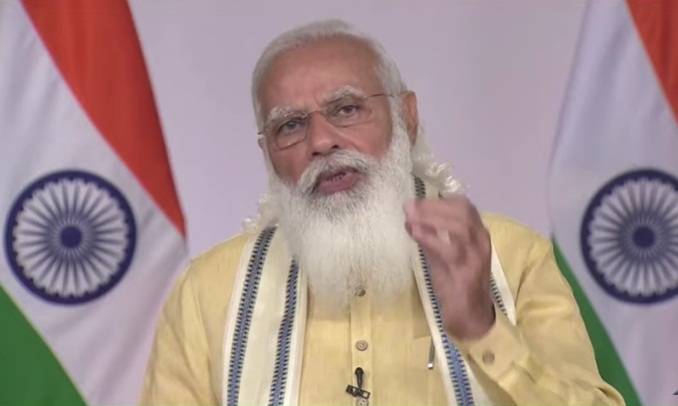
“For a large nation with complex challenges as ours, this was a unique experience. We have often seen that for various reasons, schemes and reforms remain un-operational often for years. This was a pleasant departure from the past where the Centre and States came together to roll out public friendly reforms in a short span of time amidst the pandemic,” it added.
PM Modi emphasized that this was made possible due to the Centre’s approach of ‘Sabka Saath, Sabka Vikas and Sabka Vishwas’. He stated that officials who have been working on these reforms suggest that without this incentive of additional funds, enactment of these policies would have taken years.
India has seen a model of ‘reforms by stealth and compulsion’. This is a new model of reforms by conviction and incentives, wrote PM Modi.
Concluding the blog, the Prime Minister thanked the states for ushering in the policies amid the Covid-19 pandemic and said, “I am thankful to all the states who took the lead in ushering in these policies amidst tough times for the betterment of their citizens. We shall continue working together for the rapid progress of 130 crore Indians.” (INN)
ALSO READ: Yoga remains a ray of hope amid Covid crisis: Modi


